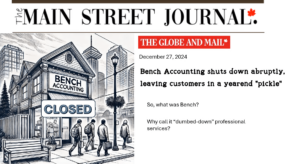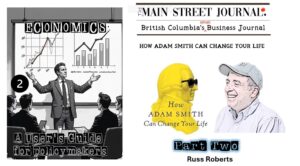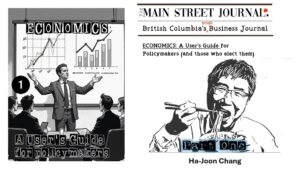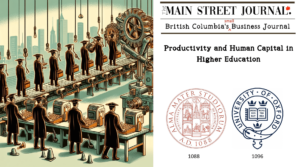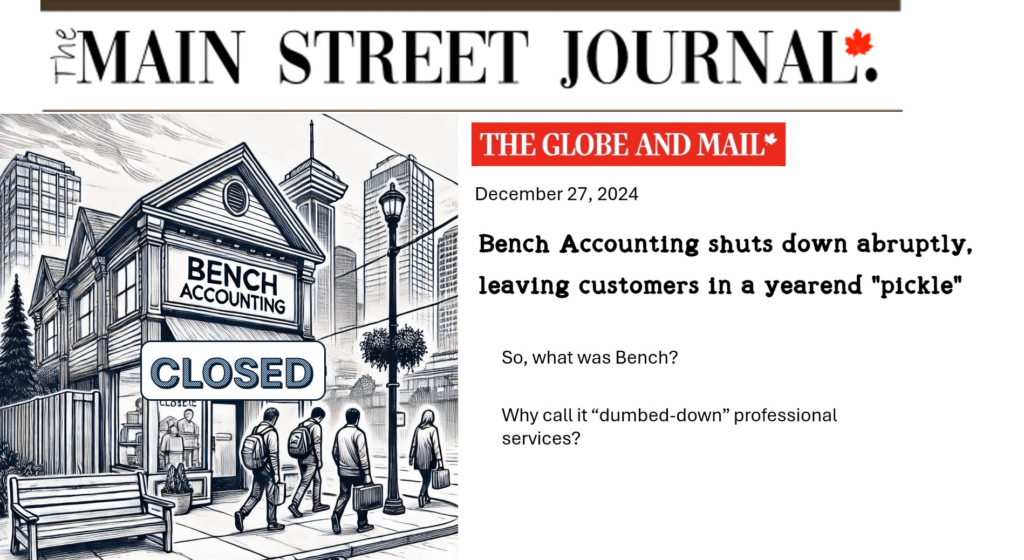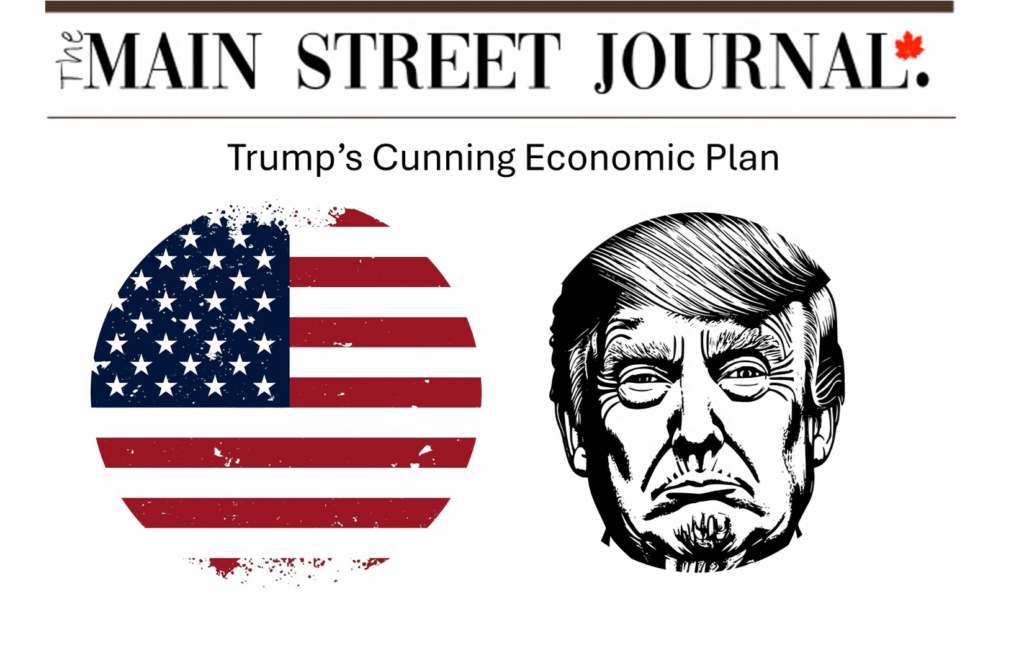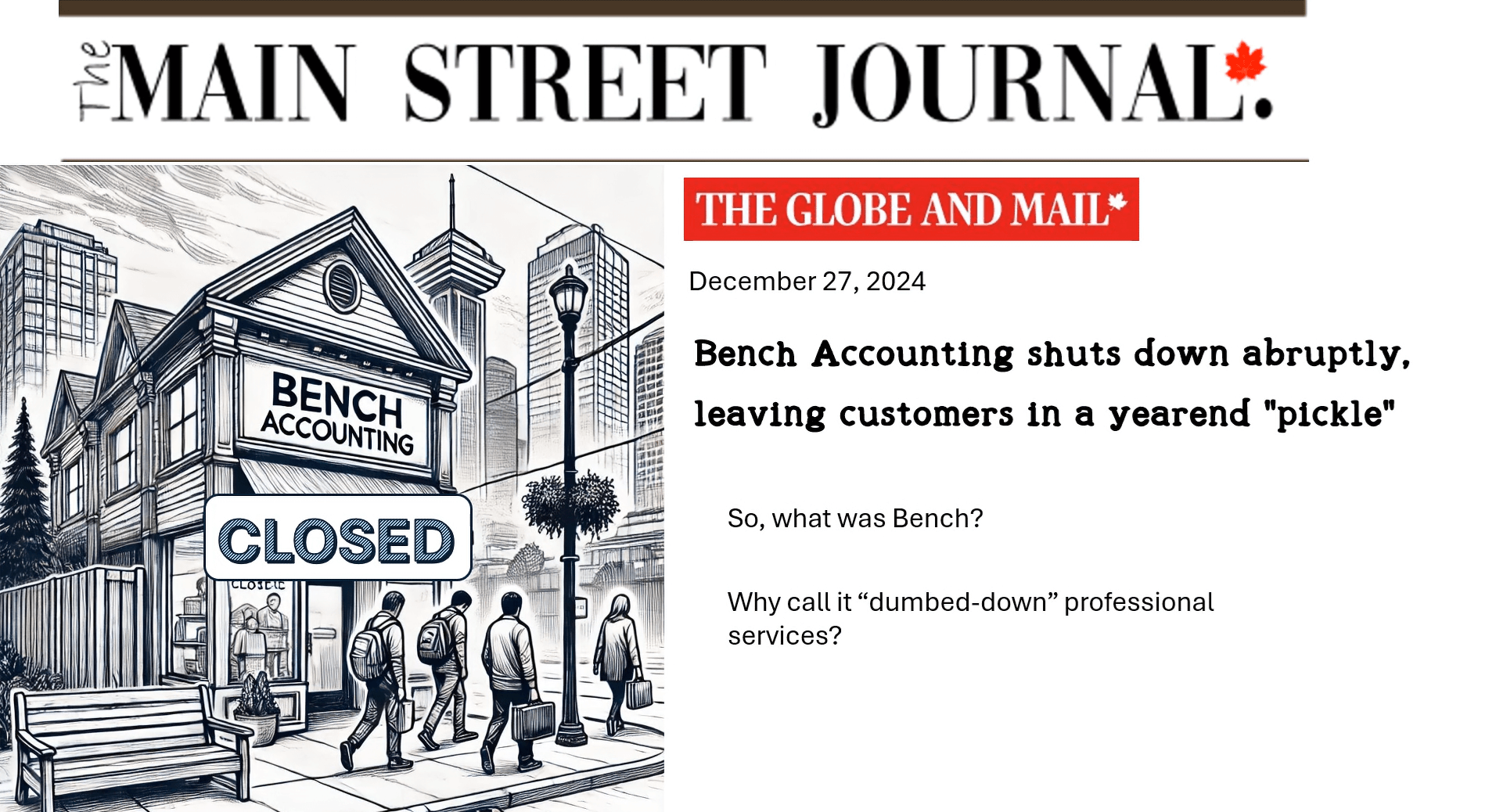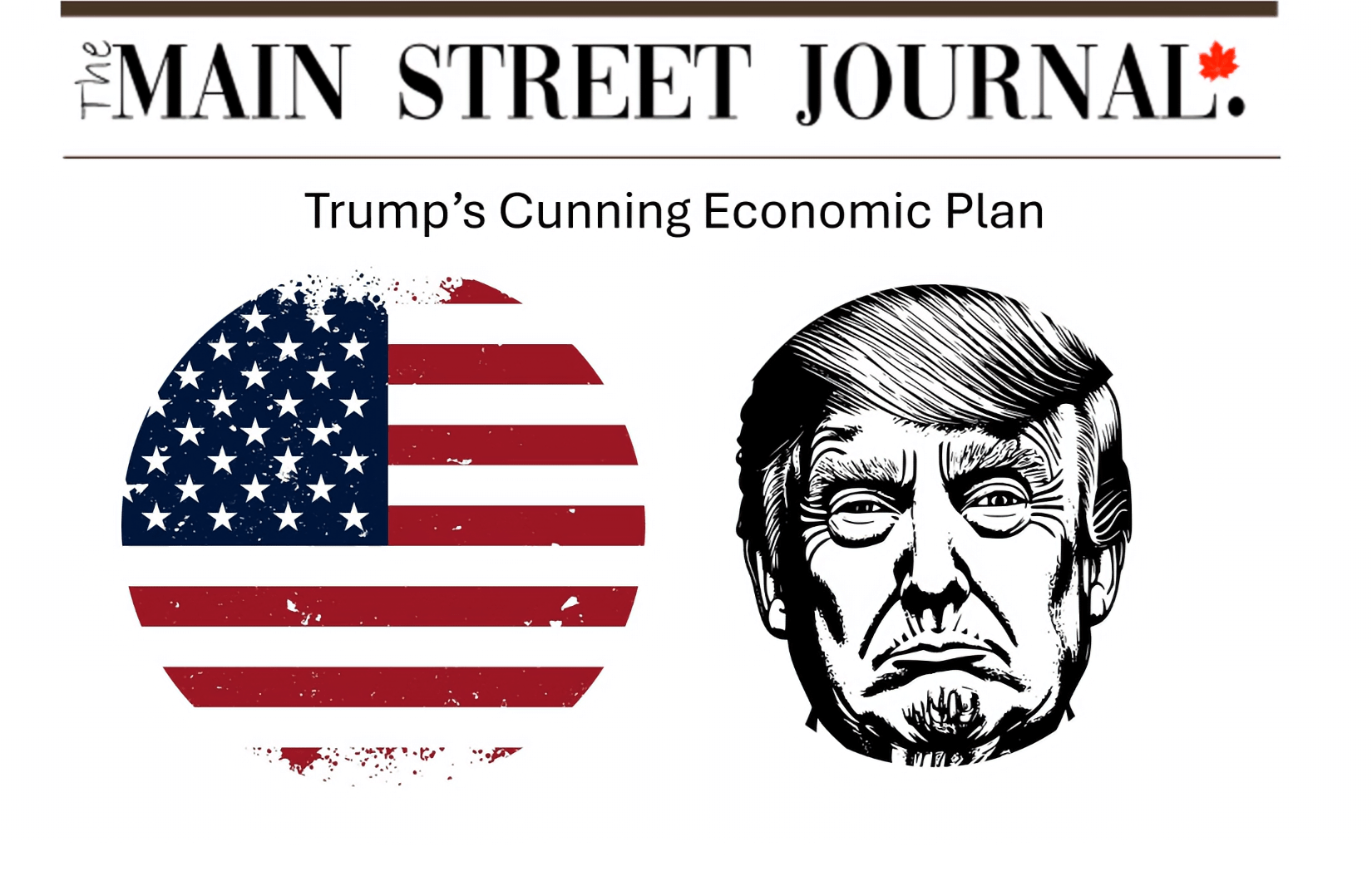Five short decades ago, the economic landscape in Canada and the world was vastly different.
Five decades before that farming was the dominant occupation, and Canada was primarily rural.
In this overview, we’ll look at the accounting occupation in Canada and how it has changed during the last five decades and try and understand some of the forces that have shaped that change.
To do that we’ll look at statistics, which is an imperfect yardstick, but the most objective tool we have for developing insights into the societal changes over time.
We selected these ‘industries’ either because of their relative importance to the economy, or the extent to which their share of employment has changed over the intervening 45 years.
The sectors that have seen the greatest declines are agriculture in relative terms, and manufacturing in absolute terms. The greatest increase in both relative and absolute terms is NAICS[1] code 54:
Professional, Scientific, and Technical Services (‘Professions’ in the chart)
[1] North American Industry Classification System
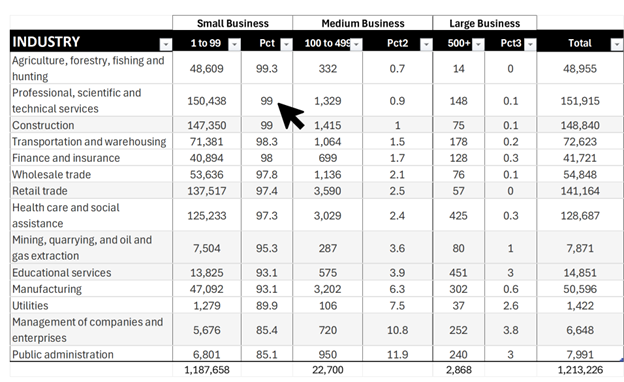
Over the course of a century, Canada has shifted from a primarily rural country, to a primarily urban one. We’ve also seen the economic landscape change from one dominated by small agricultural businesses and self-employment, to a manufacturing and resource processing powerhouse in the 1970s – and back to a primarily small business-based economy dominated by self-employment in the trades and the regulated professions. Today’s hip urban professionals may look like their rural ancestors, but they’ve swapped their tractors for laptops.



